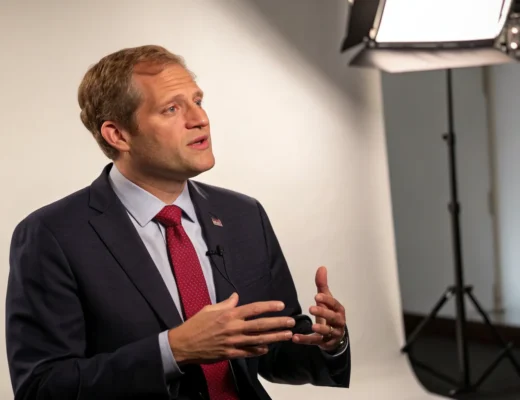Warren Buffett’s company, Berkshire Hathaway, has stockpiled over $320 billion in cash and cash equivalents, primarily in short-term U.S. Treasury bills. This is the highest percentage of cash in the company’s portfolio in over 30 years, accounting for over a quarter of its total holdings. Buffett’s actions have sent a loud warning through Wall Street about potential overvaluation in the
stock market.
Throughout the first nine months of 2024, Berkshire only purchased $5.8
billion in equity securities while selling off $133.2 billion. The company’s stock repurchases were also
markedly lower than in previous years. One key
indicator Buffett uses to assess market valuation is the ratio of stock market capitalization to gross domestic product (GDP).
A ratio exceeding 100% suggests overvaluation, and this figure recently surpassed 200%, highlighting Buffett’s concerns. Despite these
warning signs, there appears to be a silver lining.
Berkshire’s cash warning signals
Since mid-December, Berkshire has resumed
buying stocks, increasing its stakes in several firms, including Occidental Petroleum and Sirius XM Holdings. This buying activity
indicates that Buffett and his team still see opportunities in the current market. Last year, market growth was driven by a few high-flying tech and AI stocks, with 174 stocks in the S&P 500
ending the year in the red and 348 underperforming the benchmark’s 23% gain.
Given this context, good companies should still be available at reasonable valuations. Berkshire’s recent purchases, which vastly underperformed last year’s index, have forward price-to-earnings ratios (P/E) under 25. For instance, VeriSign trades at roughly 24 times forward earnings, Occidental at less than 14, and Sirius at around 7.
While recent underperformance and low P/E multiples are not necessarily buy signals, Buffett’s actions remind investors that there are always opportunities, particularly with value stocks that may be more insulated from a
market sell-off due to already low expectations. However, investors should still conduct thorough due diligence before making investment decisions.







